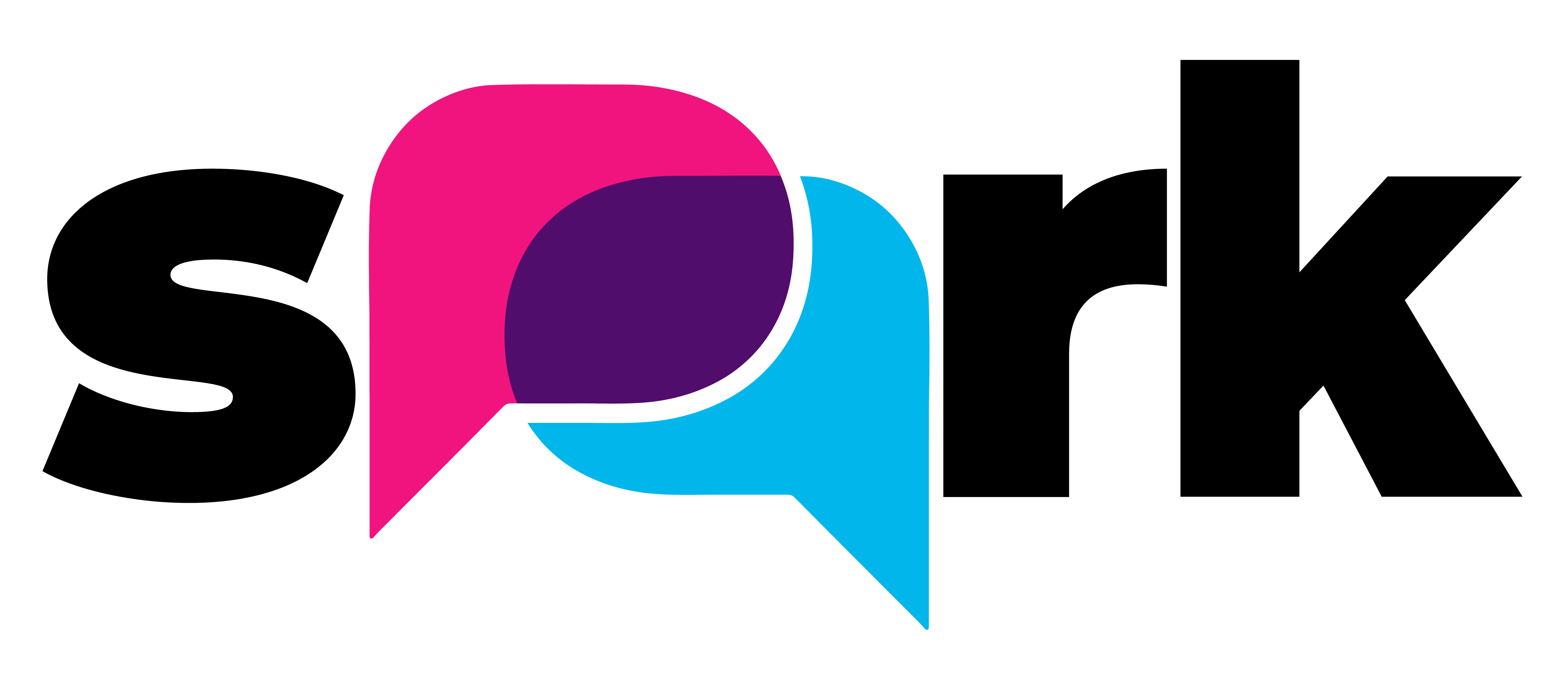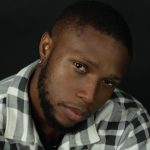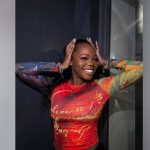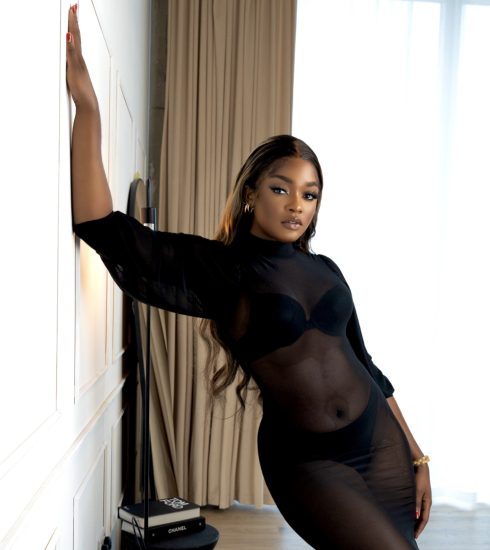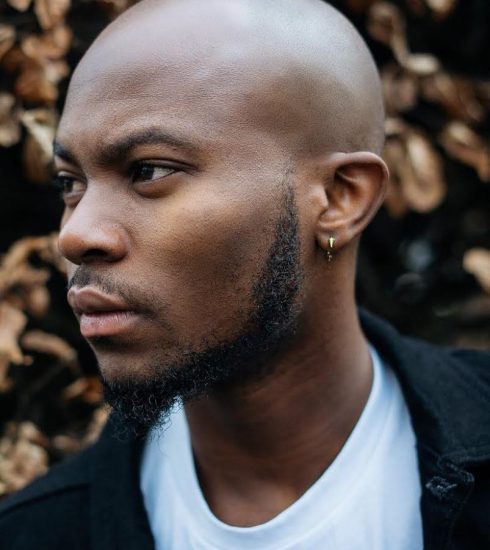Law and Entertainment: A Conversation With Ghanaian Entertainment Lawyer Antoinette Boama
Interview by: Nana Kojo Mula
For anyone who follows conversation around the Ghanaian entertainment industry, one of the many issues that has been discussed on multiple occasions has been breach of contracts, artist rights, and the need for executives with the right skills and knowledge of the entertainment industry. There have been several instances where executives with little to no skills and understanding of the entertainment industry have been found wanting.
Their limited knowledge has shown in their utterances and their actions. In other instances, artists have come out to talk about how individuals, labels, executives, and companies have taken advantage of them or treated them unfairly. Anytime issues like that come up, the question has always been “did you sign a contract?” and more often than not, the response has been “I could not find a lawyer.”.
This has led to conversations on the availability of lawyers within the entertainment industry, how one even becomes an entertainment lawyer, and so on and so forth. To help provide proper context and clarity on the issues at hand, Spark Live has a conversation with Ghanaian entertainment lawyer and Music Business for Africa alumni, Antoinette Boama, who shares some light on her career, love for music and law, and her pursuit of knowledge through her MBA for Africa.
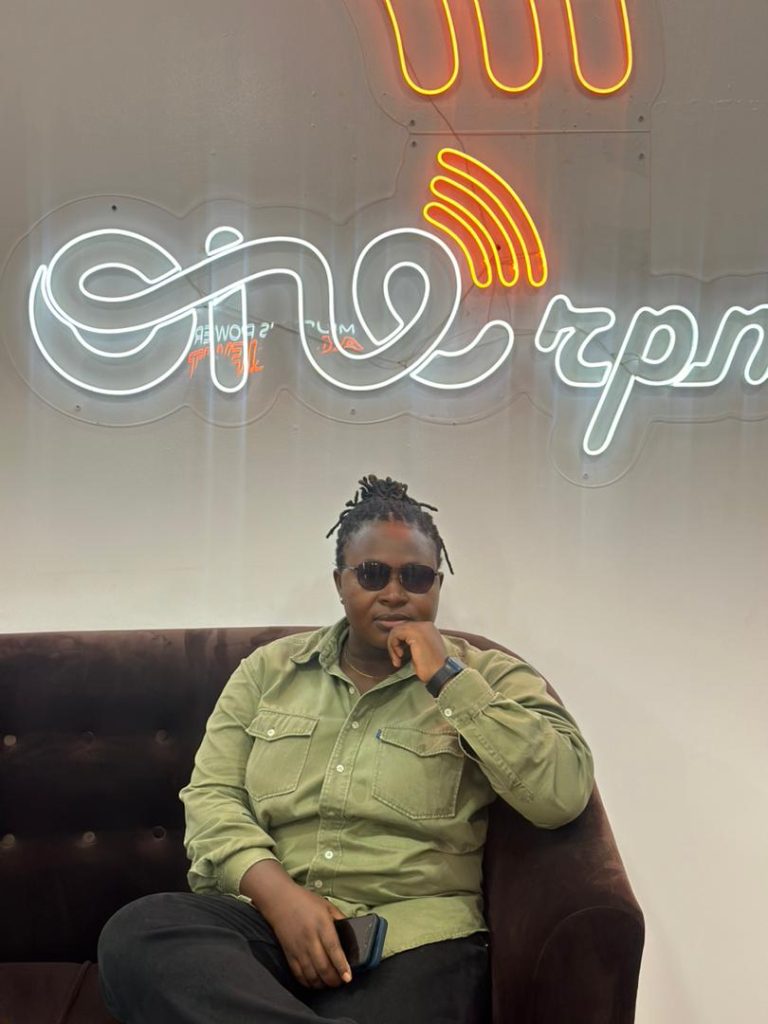
Spark: First of all, it is great to finally have this conversation with you. I have been following you for a while now, but for those reading who do not know you, who is Antoinette Boama?
AB: It’s great to be here Mula, I am Antoinette Boama. Everyone who isn’t family calls me Blue, Afia Blue. I am a lawyer and managing counsel of Eden Law & Associates, a boutique law firm located in Achimota. Until recently, I was a general practitioner, but due to my stress level, now I specialize in entertainment law, real estate law, and criminal law. To our readers, I’m a lawyer who loves music.
Spark: Growing up, did you always want to be a lawyer? You have mentioned a few times on social media how you were a great athlete in school. Was there any point in time where you would have ended up being a full-time athlete?
AB: Oh, being a lawyer wasn’t even one of my dreams, to be honest. It was always going to be either a career in sports or music. I was a fantastic football player in Senior high. I played the wings. I was also a member of the basketball and table tennis teams. It was at that point that I knew I was not going to pursue a full-time career as a sportswoman after school because, back then I had never seen a rich sportswoman from down here, and, though I loved the game, the money was equally important.
Spark: If there is one thing people know you for, it is your love for music. How would you describe your relationship with music? Was it present in your life since your childhood?
AB: Music was my first love. That is how I will describe my relationship with music. I grew up with only brothers and cousins, who were mostly boys. They loved hip-hop. They loved loud music, and that is when I developed my love for music. I was a very good student, and I also really loved music, even in my primary school days. My friends, Ampofo, Opuni, and co. will attest to this. We would sometimes engage in rap battles, and I really thought I was going to be a rapper. Those days, the walkman was in vogue, and whenever my siblings were away, I’d queue all the fresh tracks in Windows Media Player on the computer and record them on my cassettes.
AB: I would then take my walkman to school and listen to the songs with my friends. We were always having conversations about new music and all that. In JSS, this continued. I even ran for entertainment prefect in senior high, but I lost because I couldn’t dance. I still can’t dance, but after senior high, I think we all realize dancing isn’t what should make one a good entertainment prefect anyway. A friend and I were also choreographers for a group called “Dashians.” We selected and arranged the songs for their performances and coordinated the dances. Isn’t that a funny job for someone who can’t dance at all?
Spark: Let us get back into your career as a lawyer. Take us through how that has been for you. What type of law do you practice, and how long have you been practicing?
AB: Oh, I have been a lawyer since 2019. The practice of the law in Ghana, just like it is everywhere, is a lot of work. Stressful but rewarding if you have the patience and are always willing to learn. As I mentioned earlier, before 2022, I was chasing money, and I had to be sure of the kind of law I wanted to practice, so I was not selective with the kind of cases I took. I took every case that was handed to me as long as it was paying. Now I know the direction I want my career to take, so I specialize in entertainment law, criminal law, and real estate law. Occasionally, I do debt recovery.
Spark: As a consumer of Ghanaian music and entertainment enthusiasts, what is your assessment of our industry as things stand?
AB: As things stand, I think our industry has serious prospects. More people are getting into the business aspect of music; everyone is learning now, and that makes me very happy. Our main issue has to be how to grow the industry to the point where we own our IP and the revenue from its exploitation comes down to us. I’m also glad the experts who know their onions have started engaging the newbies and young ones, and that is exactly what our industry needs right now. I believe we will get there.
Spark: Did your love for entertainment influence your decision to drift toward entertainment law?
AB: Yes, heavily. I told you I knew I wanted to pursue a career in music; I just didn’t know which. I’ve always loved being backstage, not knowing but making the moves. I just want to do the work with the talent, and I derive my fulfilment from their success. Remember our dance crew in senior high? Dashians. Those were some of my happiest days as an entertainer. Watching them perform and the people cheering was very fulfilling. When I started law school, I didn’t know of any entertainment lawyers in the country, so I was still unsure of how I was going to make a living working backstage with these talents. It was when I took IP as an elective in Legon that I had enough clarity on what I wanted to be and how I could contribute to the growth of the industry.
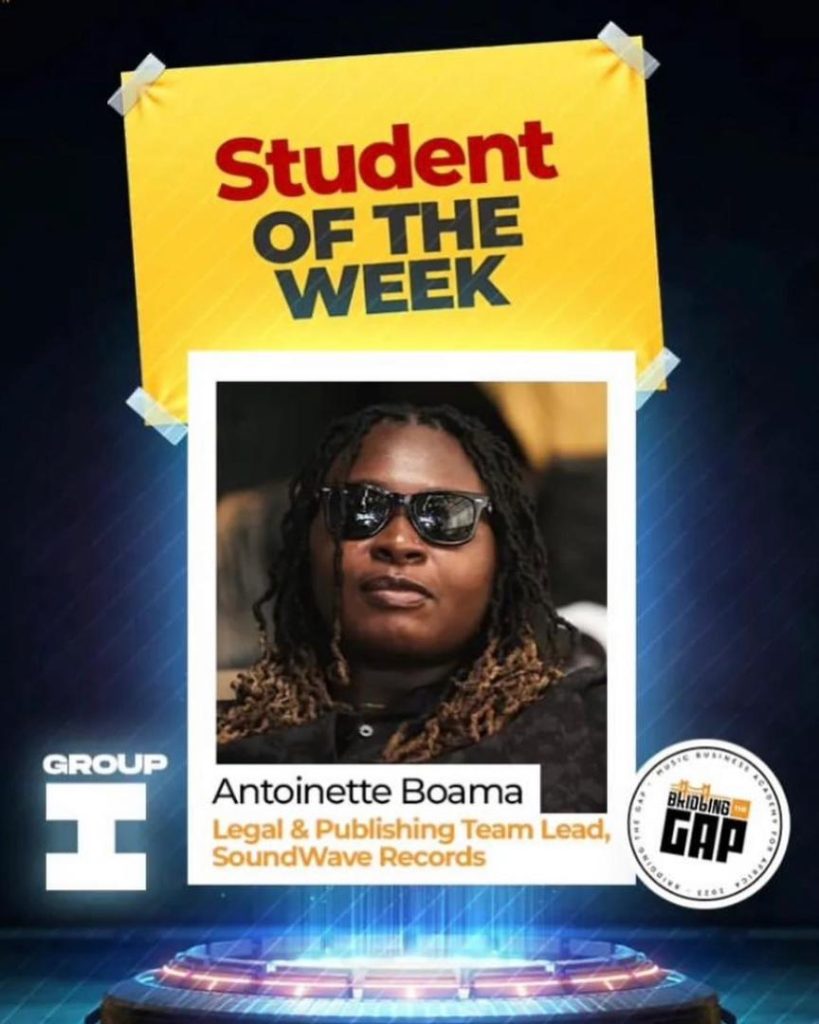
Spark: Congratulations on your recent graduation from the Music Business for Africa program. Let us start from the top; how did MBA come into the picture? Why MBA for Africa in the first place?
AB: Thank you! Firstly, there is no entertainment law course in any law school in Ghana. They have intellectual property laws, though. Entertainment law, as we know, is part of IP law. When I decided to tread this path, I used to read extensively on entertainment law, but there were few to no publications on the African entertainment scene. What I used to do was make friends in the industry either through Twitter or at events, and all we used to discuss was the music industry and whether or not entertainment law was the right path.
AB: Around 2021, I think, I was surfing the web one day and I came across Godwin Tom. Your readers have to Google him if they don’t know him. I was intrigued by what he and his people were doing for the Nigerian music industry. I later got to know that he had founded a music business academy. I wanted to enroll immediately, but I didn’t have the time or resources to do that then. I continued my private reading about the African music industry and business and made sure I joined all the webinars and seminars I could.
AB: Sometime later, I met you; you were also an alumnus, and in one of our conversations, this came up. I think I even wanted to join your year group, but it was too late. So I decided to join the next year, and the next year came, and after hesitating for a while, I joined. Actually, you can read everything taught there yourself, but the hands-on experience MBA offers is invaluable. By the time you are done, you will have automatically worked in every department of a record label and dropped an album. You also get certified. What is better than that? It’s genius!
Spark: For anyone who is just hearing about MBA can you shed some light on your experience during the program?
AB: MBA is Music Business for Africa, founded by Godwin Tom. I was the head of legal and publishing for Soundwave Records. Our artist was Rozzz. Basically, you are taken through some modules, and each of them tackles one department or job description of a record label and how work is done there. After the lectures are done, the talent project starts. The talent project is where they bring a number of artists for each label to pitch to them.
AB: The artists will then choose which label suits them and work with them. At the end of the day, we all work towards an album with all the artists. My experience was great, but remember that in September, #occupyjulorbi happened, and my workload went off the roof. I almost dropped out, but I’m no quitter, so I completed it and graduated. It’s extensive and thorough. That’s what I can say about the experience at MBA.
More info on MBA – https://mbaforafrica.com/en/
Spark: You went to Nigeria recently, and appeared on a few panels regarding the industry and a host of other things. What areas do you believe the Ghanaian entertainment industry should pay more attention to to improve?
Honestly, I think the Ghanaian industry needs to pay attention to getting more competent executives. To me, that is our biggest problem. We need more competent executives who will look past trying to make a “quick buck” and help with the growth of the industry. The beauty of helping the industry grow is that your artists also grow and are exposed to bigger opportunities than what they would have had if the industry hadn’t grown. The “anyhowness” of our industry is what is hurting us, in my opinion. We need a plan, and we need people competent enough and willing to execute it.
Spark: We hear a lot stories about people being duped, taken advantage of and what have you. One thing that is consistent in all these situations is the lack of a lawyer. Why do you think people fail to involve lawyers when it comes to their careers?
AB: Money and ignorance. The artists assume getting a lawyer involves too much money. The labels don’t see the need for lawyers. Everyone thinks it’s just English, so why not just read and sign?? Some also let their “lawyer friends” help them, which is fine. But not every lawyer is an entertainment lawyer. Not every lawyer really understands the rights involved in music. I know for a fact that we have a lot of entertainment lawyers in Ghana. I need industry stakeholders to utilize them because, the way things are going, in the next 10–15 years, our people wouldn’t own any of the songs they are making now.
Spark: You find yourself in a position where a lot of people have said we lack as an industry. First of all do you agree with people who say we do not have enough entertainment lawyers in Ghana?
AB: I already mentioned that, but let me reiterate that anyone who says there aren’t enough entertainment lawyers in Ghana is simply lazy and hasn’t bothered to find one. I personally know about 10 of them. Ask them, are they searching? If they were, they would have found one.
Spark: What do you have to tell anyone who would want to venture into entertainment law?
AB: I will advise them to reach out to any senior entertainment lawyers they know to help them find their feet in the industry. They also need to understand that you have to put yourself out there. Because this area is budding, one has to actually put in the work to make sure they are recognized. Don’t stay in your offices 24/7, and expect artists to know and find you. Network
Spark: Now that you are an MBA alumni and have put yourself out there as an entertainment lawyer, what should we expect from you? If someone wants to work with you, how do they make contact?
AB: Haha, what can you expect from me? I’m available to work for and with everyone who needs an entertainment lawyer. I also do my best to educate people from time to time on my Twitter and LinkedIn accounts. As far as being available to people is concerned, I have been doing that since my MBA, so I will just continue.
A number of people and organizations have approached me with proposals to speak at webinars and on podcasts, which I will do in due time.
We aren’t supposed to advertise, so I will leave my social media handles here. They can also find me in my office. It’s on Google Maps. my business on Twitter, @abentlawgh.
LinkedIn: @Antoinette Boama-Djan and Personal Twitter: @af_ia_blue





